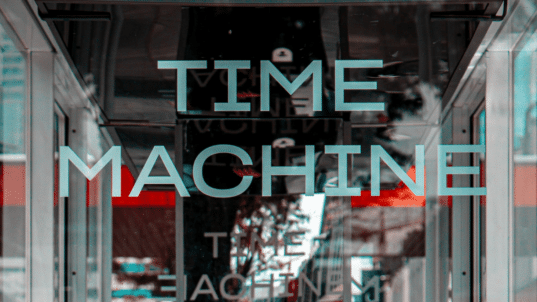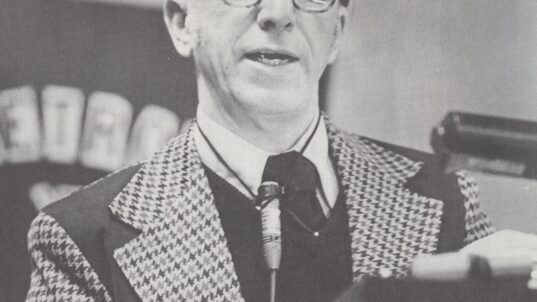Part One of this perspective focused on some issues relating to the scale of our reports (meta or more bounded), their relation to specific deliberative constituencies (tailoring or meeting demand), timing as a matter of discussion relevance, and capitalizing on unforeseen discussion opportunities. Here I would to frame some tentative “lessons learned” from experiences that might be helpful in shaping IF’s “going public” conversation.
These experiences include such varied examples as delivering classroom and public setting talks on IF reports, partnering with community organizations at conferences where an IF report becomes part of a break-out session, facilitating a report discussion as part of a professional development/continuing education event, writing articles about the nature of a project and its resulting possibilities, and using social media to encourage visits to the IF website and downloading of reports.
It has been my experience that there are an abundance of such opportunities out there in the world. Here are some of my impressions about such opportunities:
- “Going public” efforts seem to work better at the personal/retail level than the mass communications/wholesale level (working through a faculty contact rather than placing an announcement in a professional journal).
- Selection of panelists, especially specialists, and the extending networking conversations that go into organizing a project can be helpful in creating subsequent “going public” opportunities (aid workers and international relations experts put me in a position to “plug-in” to settings I would not otherwise have access to).
- “Success” in “going public” will vary substantially from report to report (a few lively discussions of the Future of Regulation report among government attorneys or public administrators might be more significant than a dozen discussions of the more ephemeral report on Rewarding Work).
- Engaging in deliberative partnering or volunteering to facilitate in other settings provides contacts and learning-by-doing that can be helpful to more formal IF efforts (my involvement in the ecumenical group discussions on Afghanistan gave me some ideas on how to use IF possibilities in larger scale World Café-style discussions and my involvement in the online climate discussions helped me better appreciate the built-in “going public” opportunities of web-based approaches).
- Creation of a more general, web-based discussion beyond the panels allows you to harvest ideas and build a “going public” network for a report (I have maintained a Face Book page for the Democracy project that serves as a “bulletin board” for concepts, postings, and web-links that give me a decent road map as to who may want copies of the resulting report and who may want to host discussions).
- The online versions of many publications also provide many opportunities for explaining our process and presenting summaries of our possibilities (my short piece on Helping Out in the Capital Times was reposted internationally and led to inquiries from the India, Switzerland, and South Africa the day after it was published).
So I have come to believe that there is no shortage of “going public” opportunity. The question is how to select and cultivate such opportunities. I am operating mainly from the perspective that I will follow up opportunities that offer exposure for the possibilities of a report, will promote understanding of the process and the governance reasoning that produced the report, and will offer the best prospects for subsequent citizen discussion of a report. I would like to suggest that we further discuss the following features of “going public”:
- The anticipatory dimension- “Going public” could be made more of highlighted feature in the initial project proposal and could be planned for.
- The time dimension- As we shorten project discussion time we may want to enlarge “going public” time to accommodate thoughtful plans for presentations and citizen discussions.
- The communications dimension- Not all fellows have the same contacts and dispositions, but we can do a better job of sharing information and developing a check-list of possible “going public” steps.
There were many understandable reasons to go slow on “going public” during IF’s initial project and citizen discussion experiments. But we may well be at a phase to take advantage of modest opportunities to get our reports and process out to those in a wider world.



